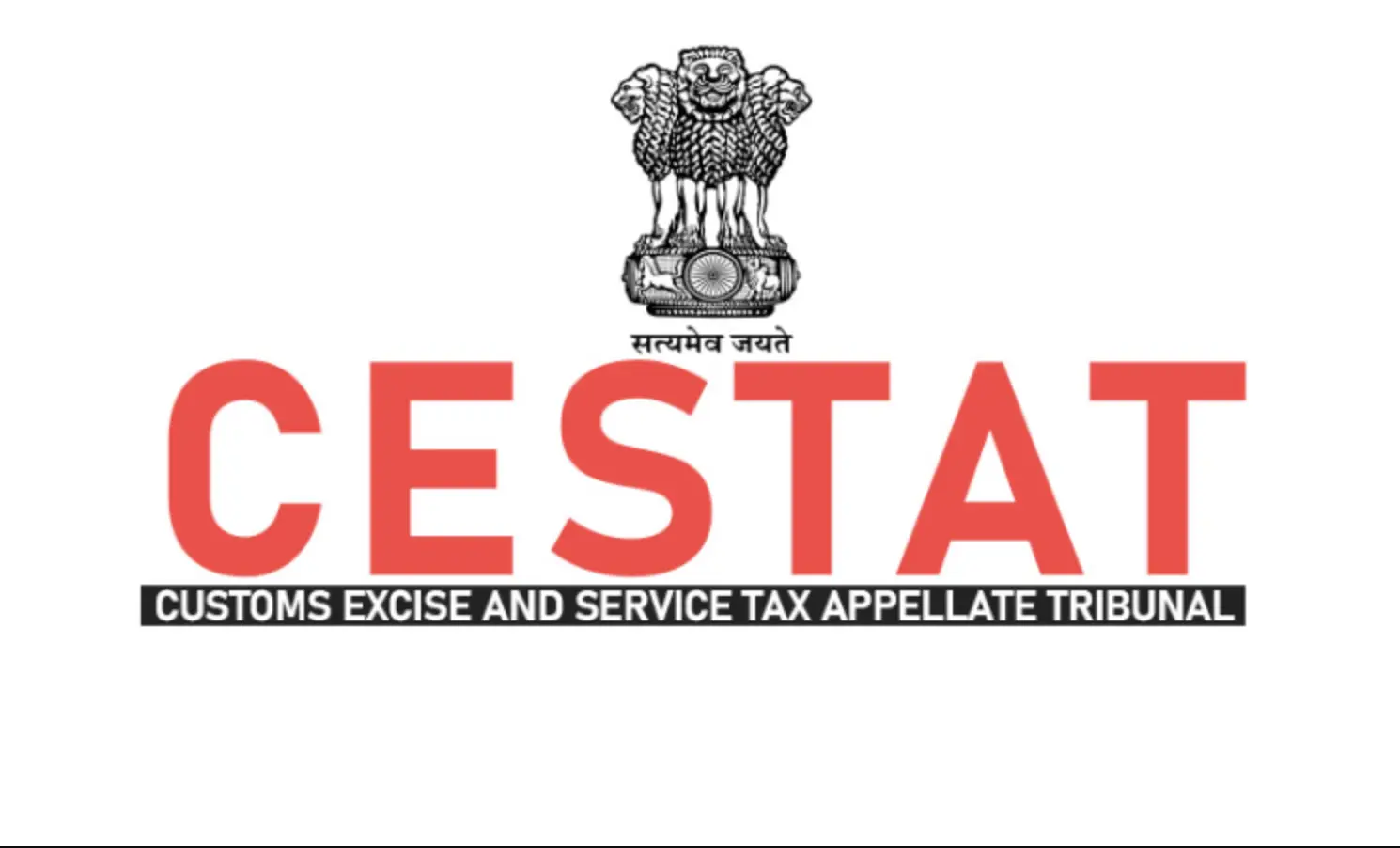Budgeting Made Easy: Your Guide to Streamlining Financial Management
[ad_1]
In today’s fast-paced world, managing finances can be overwhelming. However, budgeting doesn’t have to be complicated. With the right approach, you can streamline your financial management and achieve your financial goals.
Why Budgeting is Essential
Budgeting is vital for several reasons:
- Track Your Spending: Understanding where your money goes helps you make informed financial decisions.
- Establish Financial Goals: A budget enables you to set and achieve short-term and long-term goals.
- Avoid Debt: By monitoring your expenses, you can avoid overspending and accruing debt.
- Emergency Preparedness: Budgeting helps you save for unexpected expenses, giving you peace of mind.
Steps to Create an Effective Budget
1. Gather Your Financial Information
Start by collecting all your financial statements, including income, bills, and expenses. This data will give you a clear picture of your current financial situation.
2. List Your Income Sources
Identify all sources of income, such as salaries, freelance work, or investments. Make sure to include all monthly income to get an accurate view of your resources.
3. Identify Fixed and Variable Expenses
Classify your expenses into fixed (rent, utilities) and variable (food, entertainment). This will help you identify areas where you can adjust spending.
4. Set Financial Goals
Define specific, measurable, achievable, relevant, and time-bound (SMART) goals. Whether saving for a vacation or paying off debt, clear goals will keep you motivated.
5. Create Your Budget
Using your gathered information, create your budget. You can use budgeting apps, spreadsheets, or even pen and paper. Choose the method that works best for you.
6. Track Your Spending
Regularly monitor your spending to ensure you stick to your budget. Adjust as necessary to stay on track.
7. Review and Adjust Your Budget Regularly
Your financial situation can change, so it’s crucial to review your budget regularly and make adjustments. This will help you stay aligned with your financial goals.
Tools to Help You Budget
Several tools can assist you in budgeting:
- Budgeting Apps: Consider apps like Mint, YNAB (You Need A Budget), or PocketGuard.
- Spreadsheets: Use Excel or Google Sheets for custom budgeting.
- Envelope System: A cash-based method where you allocate cash into envelopes for different spending categories.
Conclusion
Budgeting doesn’t have to be a daunting task. By following these steps and utilizing the right tools, you can create a realistic budget that works for your lifestyle. Remember, the key to successful budgeting is consistency and adaptability. Start today, and take control of your financial future!
[ad_2]



